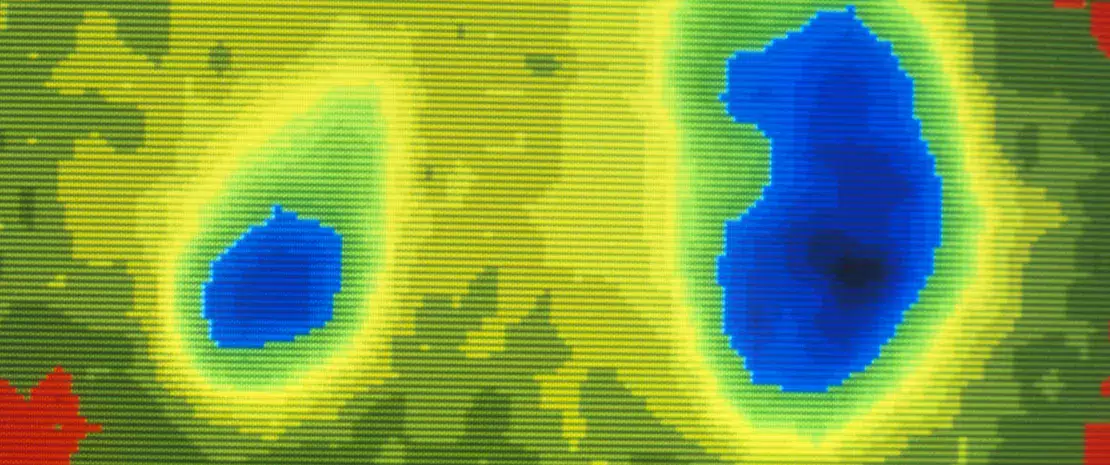Kidney failure: impact of the gut microbiota
Gut dysbioses are thought to aggravate kidney failure through the production of toxins that accumulate in the blood. A specific probiotic appears to partially counteract these effects.
Lay public section
Find here your dedicated section
Sources
This article is based on scientific information

About this article
The progression from chronic kidney disease (CKD) to end-stage kidney disease (ESKD) and its complications appears to be linked to the accumulation of toxins in the blood, many of which are thought to originate in the gut microbiota. However, the microbial origins of these metabolites–which include uremic toxins–and the mechanisms underlying them remain unclear. A large international study (223 ESKD patients and 69 control subjects) was carried out to characterize the relationship between microbial composition, uremic toxins and ESKD symptoms.
Fecal and serum metabolites mirror clinical status
Serum and fecal metabolites of the ESKD patients differed from those of the control subjects and were highly correlated with each other. The feces of the ESKD patients contained more secondary bile acids (SBAs)–precursors to uremic toxins–and fewer short chain fatty acids. Serum metabolites in the patient group were characterized by an increased level of nine uremic toxins and bile acid imbalance, with these characteristics closely related to patients’ clinical status. Therefore, intestinal metabolic alterations in ESKD patients are thought to contribute significantly to the accumulation of uremic toxins in the serum. This hypothesis was validated in a study on an independent second cohort (12 ESKD patients and 12 control subjects).
Gut dysbiosis
A shotgun metagenomic analysis identified an intestinal dysbiosis in the ESKD patients, with an increase in certain bacterial species. These bacteria included genes that code for the synthesis of uremic toxins and the biosynthesis of SBAs. Indeed, microbial composition was correlated not only to clinical variables in the patients, but also to the production of uremic toxins and SBAs. The authors believe that the intestinal microbiota speeds up the production of toxins, thereby contributing to the aggravation of the disease.
Involvement of the microbiota confirmed in rodents
When the feces of ESKD patients were transplanted into germ-free mice, the mice displayed an increase in serum levels of uremic toxins, an aggravation of renal fibrosis and oxidative stress. Intestinal dysbioses are therefore partly responsible for kidney disease via the production of uremic toxins. Two species that produce precursors to these toxins, Eggerthella lenta and Fusobacterium nucleatum, seem to be responsible. Lastly, the administration of a probiotic (a strain of Bifidobacterium animalis) reduced both toxin levels and the severity of the disease in rats. In sum, intestinal dysbioses in CKD patients generate harmful metabolites that aggravate the disease. This suggests that targeting the gut microbiota could reduce uremic toxicity in these patients.






